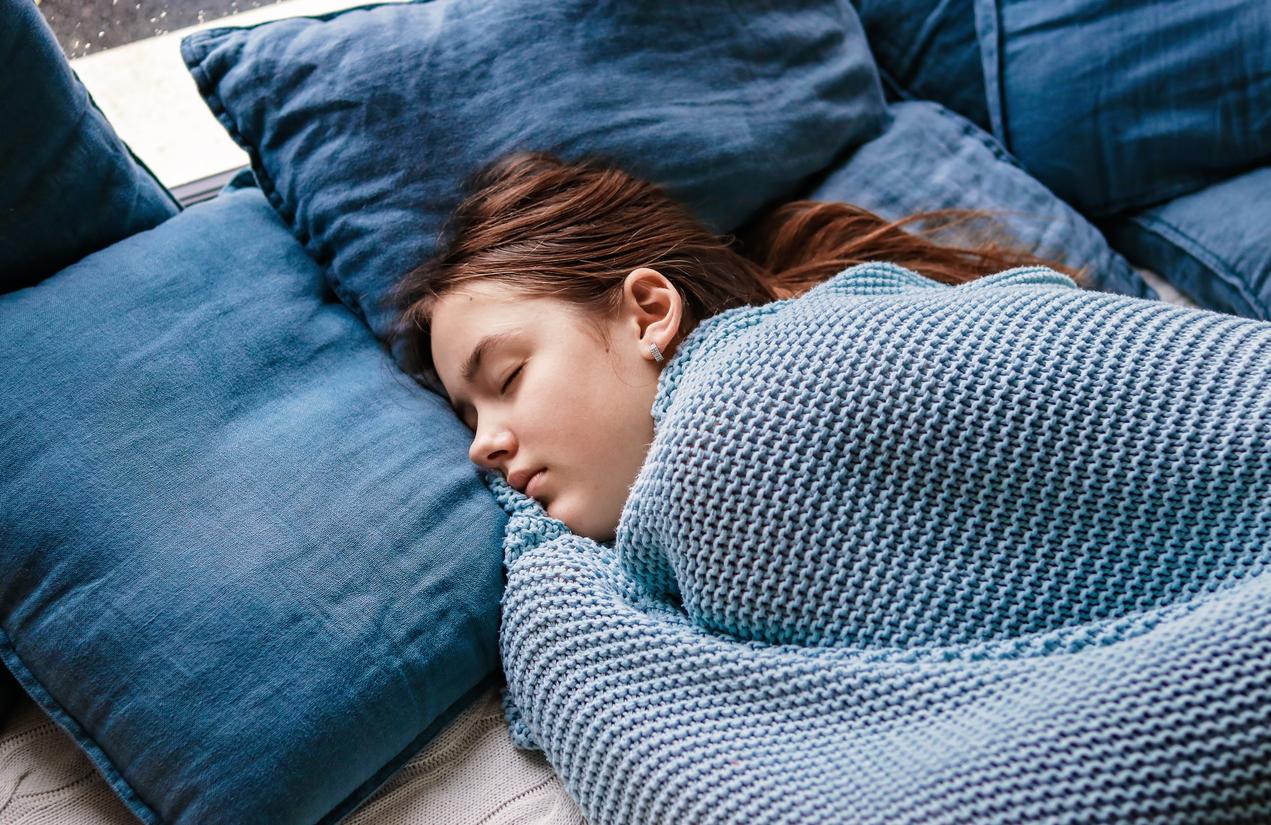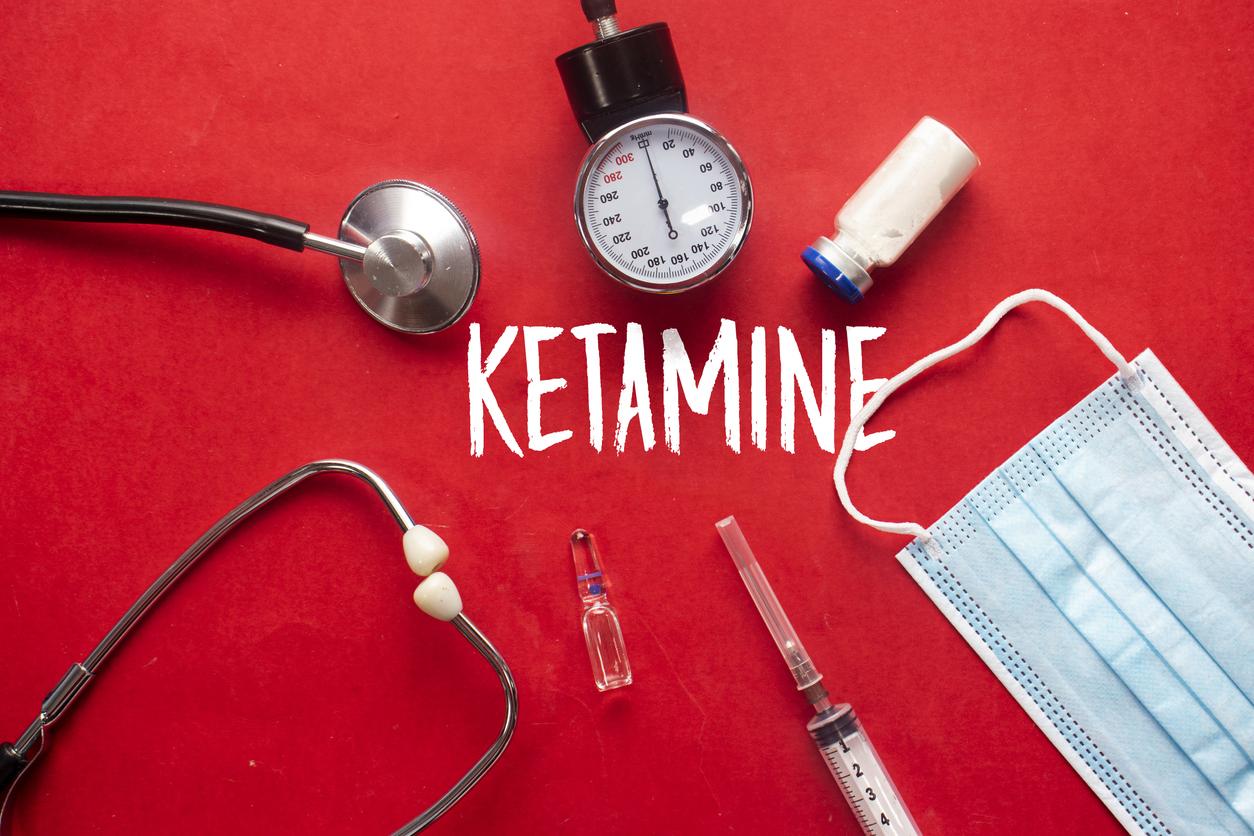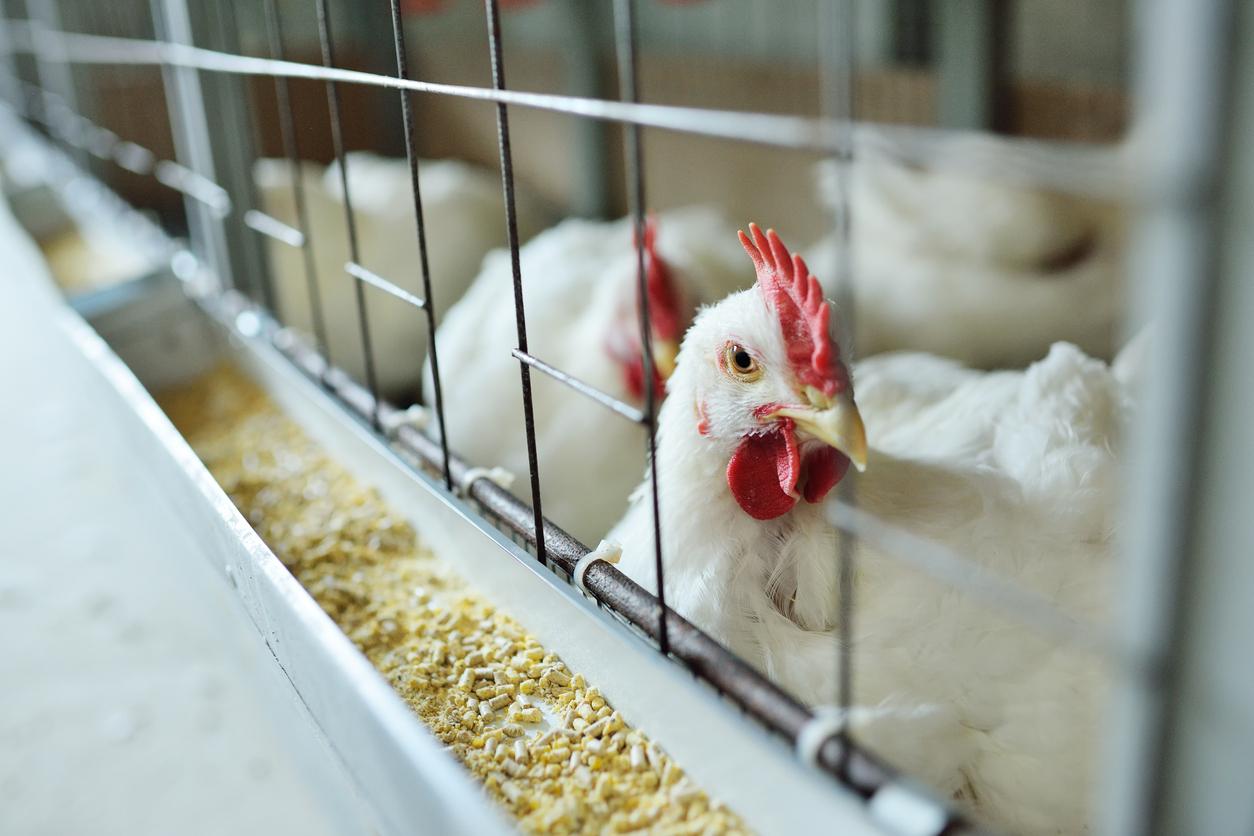Adolescents who have multiple romantic relationships at the same time and in complete transparency have poorer mental health.

- If polyamory has always existed, this mode of relationship has recently been highlighted by the French media and social networks.
- Concretely, being a polyamorous person consists of maintaining several romantic relationships at the same time, while remaining transparent about this situation with all the partners involved.
- According to a new survey, this type of relationship can cause depression in 12-17 year olds.
A recent study published in Psychology & Sexuality demonstrates that young polyamorous people experience more depressive symptoms than adolescents in more traditional relationships.
If polyamory has always existed, this mode of relationship has recently been highlighted by the French media and social networks. Concretely, being a polyamorous person consists of maintaining several romantic relationships at the same time while remaining transparent about this situation with all the partners involved. If the sexual dimension is often present in this type of configuration, it is not necessarily necessary to talk about “polyamory”.
Polyamory causes depression but not anxiety
Aware of this societal evolution, researchers wanted to know if polyamory impacted the mental health of adolescents involved in these relationships. To do this, they conducted a study on a summer camp welcoming young people for two months without their parents.
A total of 323 adolescents aged 12 to 17 participated in the study. Of the total workforce, 16.7% declared themselves to be in a relationship with several partners.
Camp members completed surveys before the start of their vacation and again on the last day. These surveys included standardized assessments to measure symptoms of anxiety and depression. The subscale “generalized anxiety disorder” of the Youth Anxiety Measure for DSM-5 was used to assess anxiety, while Center for Epidemiologic Studies Depression Scale Short Form was used to measure depressive symptoms.

Depression: 44.4% of polyamorous adolescents do not feel safe
Polyamorous adolescents had elevated depressive symptoms before attending camp. However, the study did not find a significant difference in anxiety levels between polyamorous youth and their peers at the start of the experiment.
All teens, regardless of their relationship preferences, saw improvements in their mental health by the end of camp.
The study also revealed that 44.4% of polyamorous adolescents did not feel safe talking openly about their romantic situation with their family. Many were afraid “to be misunderstood, judged or stigmatized”.
During a depressive episode, the person complains of at least 5 of the following symptoms: constant sadness, depressed mood, despondency, loss of interest and pleasure, reduced energy or abnormal fatigability .

















